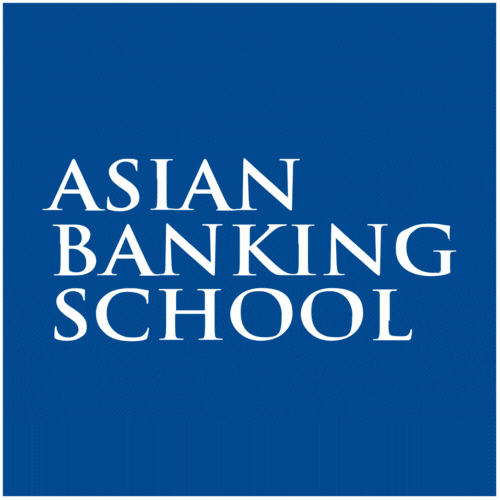

Per Participant
* Fee includes all training activities and materials, lunches during training days, special dinners, social programme and accommodation (from 20 – 26 July 2025) based on single occupancy. It is not inclusive of any applicable taxes.
Participants will have membership of the Cambridge Judge Business School Executive Education alumni network following successful completion of the Programme. Executive participants will be sent instructions to allow them to access the online community at the Business School as well as an Executive Education specific alumni group. Benefits of being a member of these communities include access to a network of very diverse, high calibre international executives from across the sectors; information on new Cambridge programmes for continuing professional and executive development; a series of online webinars and physical faculty-led events on different business and leadership themes; regular communications and news from the faculty and team at Executive Education.